
Participants read an information board at the opening of the Global 6G Conference 2024 in Nanjing on April 17. (CHINA DAILY)
Vitality, innovation
In sharp contrast to some countries' closed mindset in telecom development, China has highlighted that 6G requires consensus and close cooperation of all parties involved in the global industry, academia, research and applications. This will generate greater vitality and a more vibrant innovation atmosphere, experts said.
Zhang Yunming, vice-minister of industry and information technology, has repeatedly called for more efforts to deepen international cooperation to promote the formulation of unified 6G global standards.
Both Chinese and foreign telecom and smartphone companies have participated in China's 6G technical trials and tests, as 6G moves from a concept to a crucial stage of potential technological breakthroughs, said Wang Zhiqin, head of the IMT-2030 (6G) Promotion Group, a government-affiliated flagship platform for promoting 6G and international cooperation in the country.
Wang said Nokia Shanghai Bell, Ericsson, China Mobile, China Telecom, China Unicom, Huawei, ZTE, Vivo and Inspur have participated in China's 6G technical trials and tests.
China's 6G development adheres to the principle of open cooperation, strengthens international exchanges, and has inked cooperation agreements with partners in South Korea, Europe and India, she said.
That is in contrast to what the U.S. government has done. In February, a group of 10 countries, including the U.S. and the United Kingdom, announced that they had endorsed a set of principles to underpin the development of secure and resilient 6G networks.
Dong Yifan, an assistant research fellow at the Institute of European Studies at the Beijing-based China Institutes of Contemporary International Relations, said this is an example of how U.S.-led developed countries want to unite with their allies to have a bigger say in formulating 6G standards.
"They have lost their edge in 5G and (now) they want to regain their strength in 6G, which has turned into a key battleground for innovation and industrial transformation," Dong said.
"This is a typical U.S. practice of forming a small group to contain China in the international telecom arena, which will, in fact, slow down the development of the entire global telecommunications technology, given China's unparalleled advantage in the telecom industry."
The U.S. government has already pressured a string of countries such as the UK into removing the telecom equipment of Chinese companies Huawei and ZTE from their 5G networks by fanning national security fears, which had never been substantiated, Dong added.
Alex Sinclair, chief technology officer of GSMA, an industry group representing the world's biggest mobile phone operators, said it will work hard to avoid the so-called "small yard, high fence" situation with 6G.
"If there are trends of isolation, it would have a negative impact on the industry and we would lose many advantages. Ultimately, the development of 6G technology standards should be a global collaborative effort involving academia, research institutions, and commercial sectors, including innovative technology companies," Sinclair said.








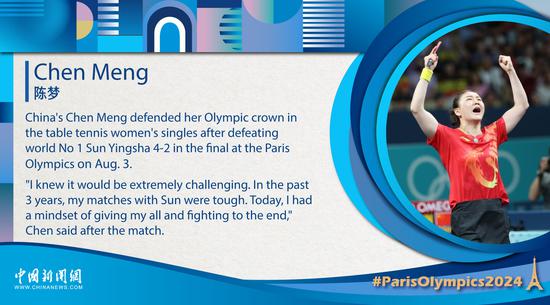

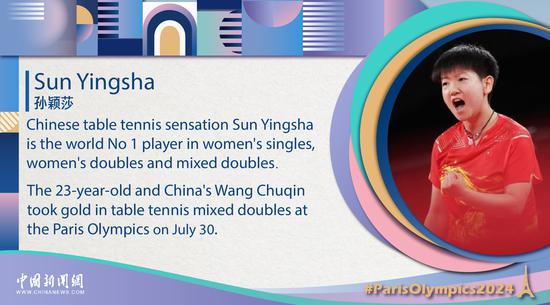
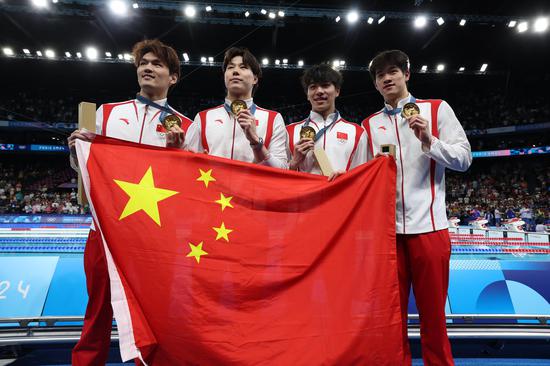
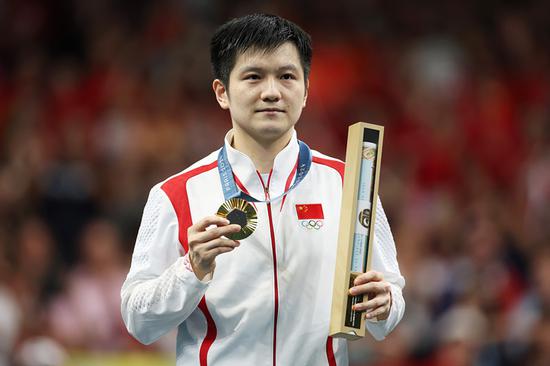
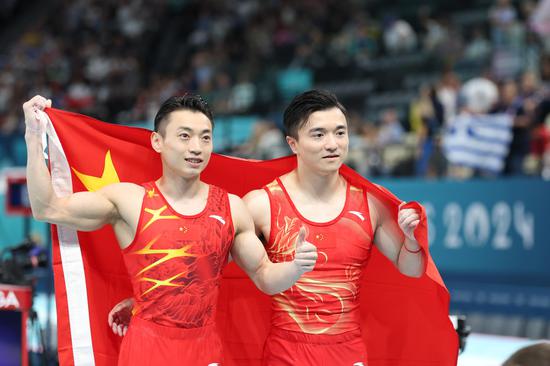
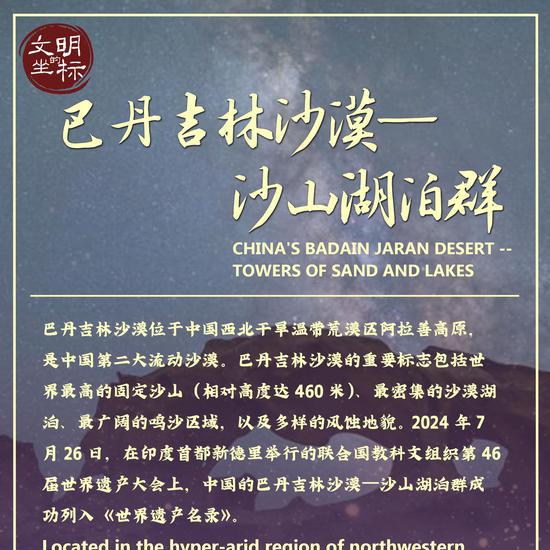
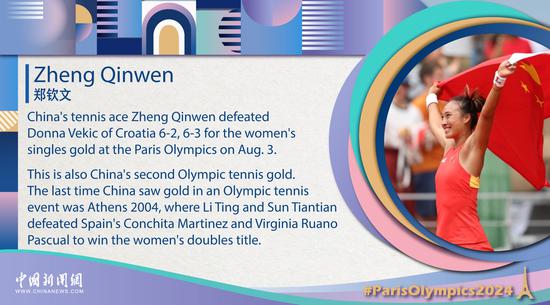
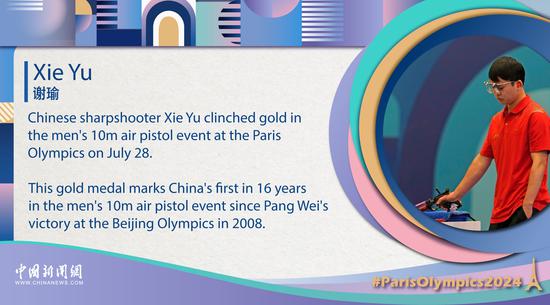
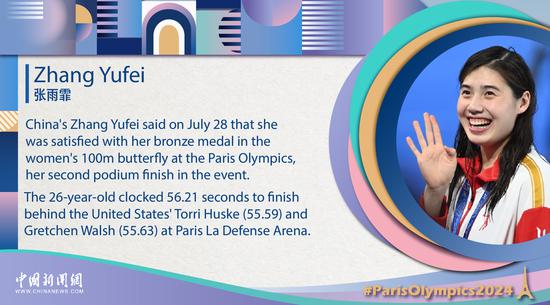
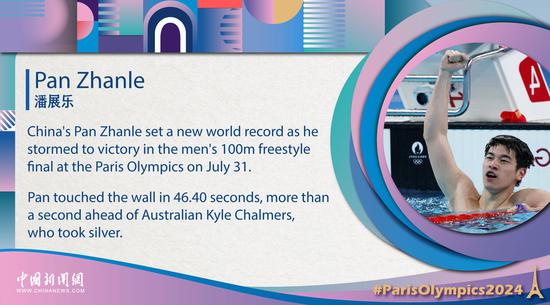
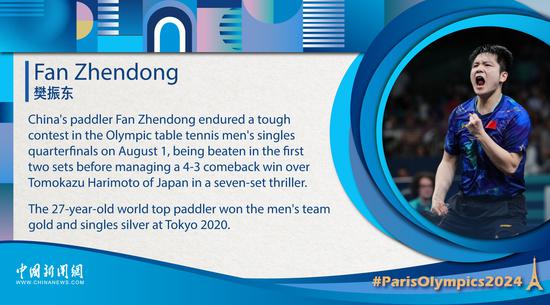



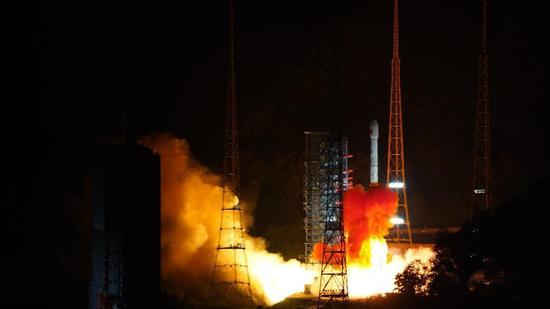
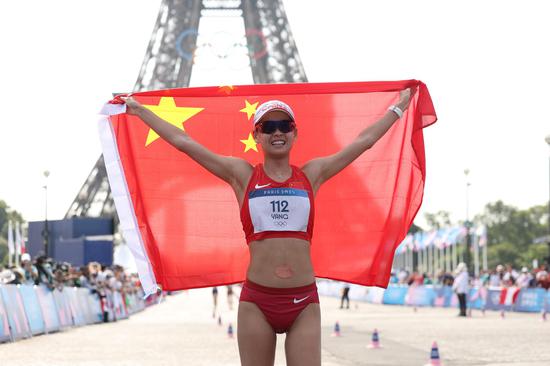



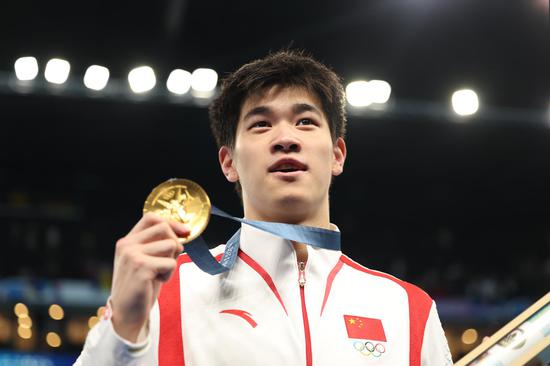



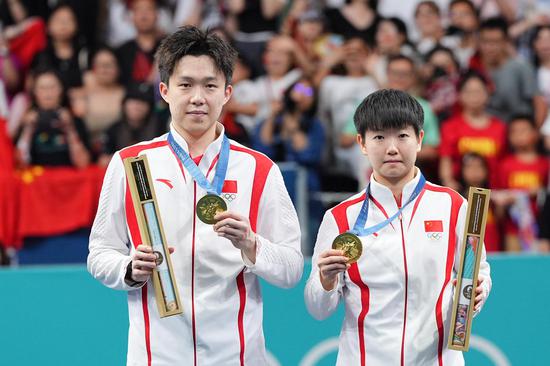





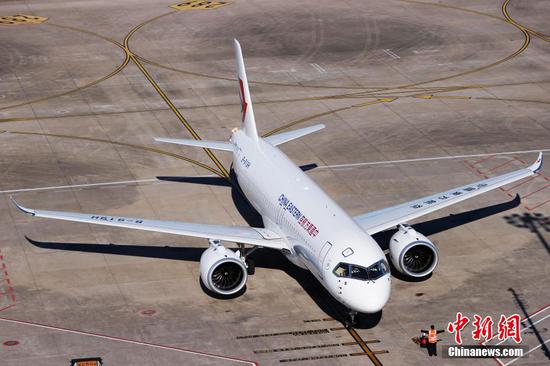

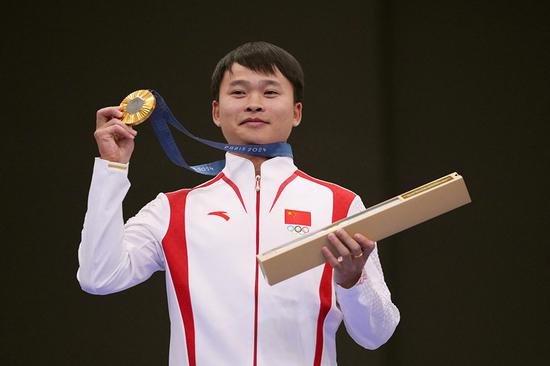

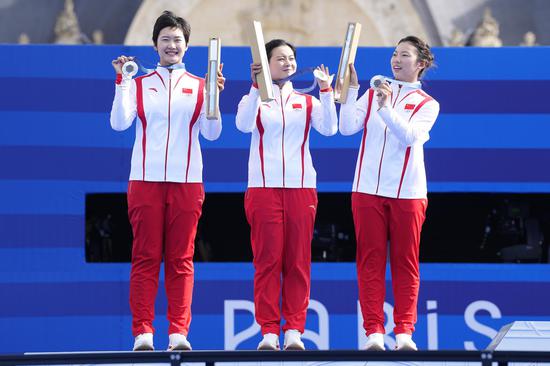


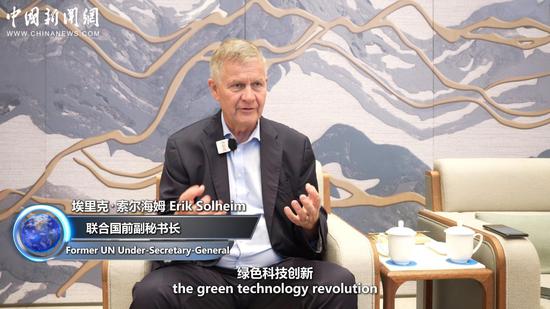

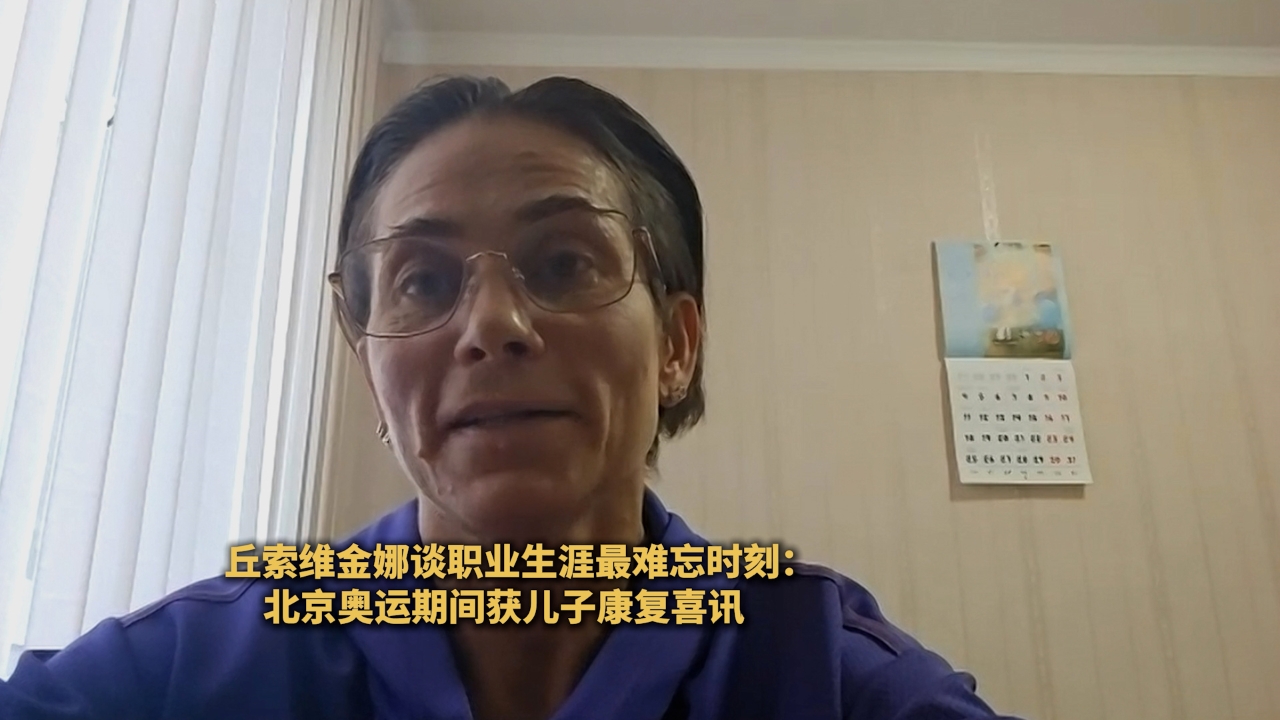

 京公网安备 11010202009201号
京公网安备 11010202009201号
